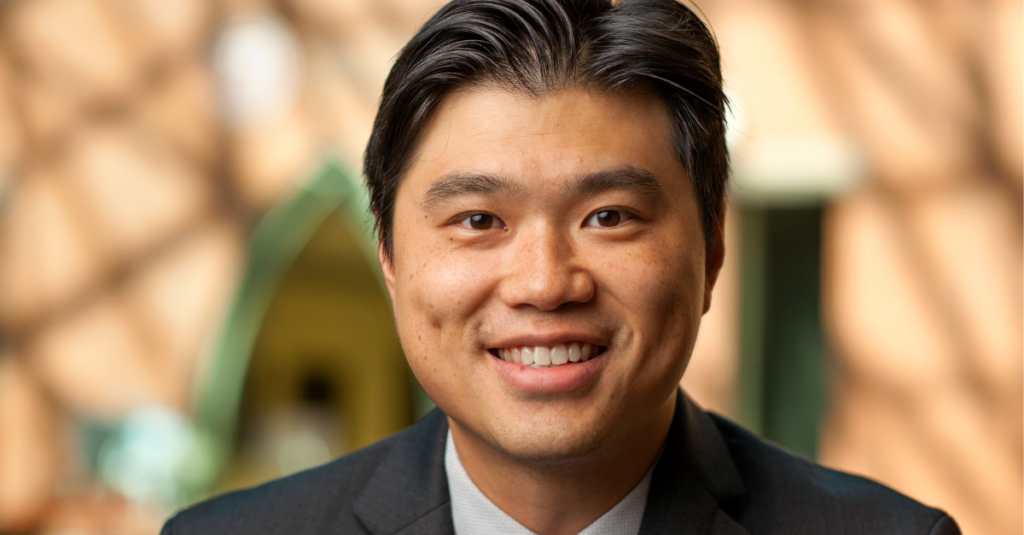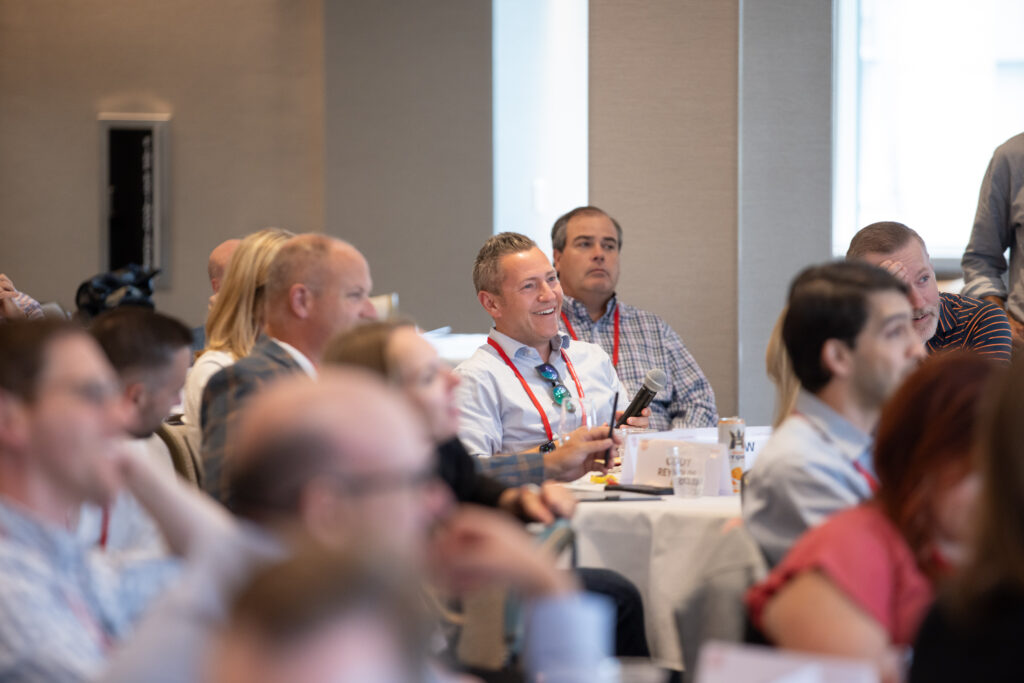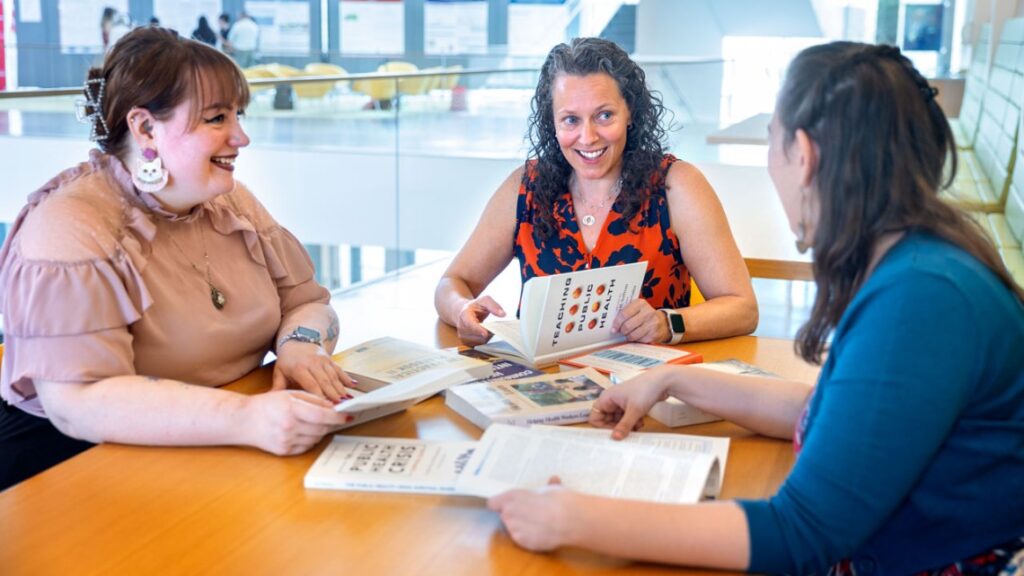Navigating DEI in a Post-Affirmative Action Landscape

Backlash against corporate diversity, equity and inclusion (DEI) initiatives quickly followed the U.S. Supreme Court’s 2023 decision to end affirmative action in college admissions. However, a recent poll from The Washington Post and Ipsos found that about 60% of Americans believe DEI programs are “a good thing” for companies to adopt.
In the recent Cornell Keynote webcast “DEI, Affirmative Action and a Politically Polarized Workforce: Where We Are, Where We’re Going and What Employers Should Do,” David Sherwyn, the John and Melissa Ceriale Professor of Hospitality Human Resources at the Cornell Nolan School, hosts Paul Wagner, shareholder and chief financial officer of Stokes Wagner, and Holly Lawson, Noble House Hotels & Resorts’ senior vice president of human resources, for a discussion of the legality and structure of corporate DEI programs.
The Civil Rights Act of 1991 amended Title VII of the Civil Rights Act of 1964 to allow mixed-motive discrimination claims. What is mixed-motive discrimination, and how does it pertain to DEI?
Wagner: “The 1991 amendment took the burden of proof from race or another protected class being the sole motivating factor . . . to simply a motivating factor. Congress significantly lowered the bar so that if an employer made an employment decision and was influenced by a nondiscriminatory, nonprotected class-based reason — such as disciplinary action by the employee or something on their resume that caused them not to hire — but the plaintiff could show that race or gender or religion or any other protected class crept into their decision as simply an element, the decision was still unlawful.
Opponents of DEI scrutinize these policies under the same amendment. You can trace today’s backlash to overaggressive DEI policies of employers in the ‘80s, ‘90s and 2000s. Perhaps as written, they were lawful, but as implemented and interpreted by the person in the interviewing room making the decision, if they had a DEI policy that was encouraging the hiring of underrepresented groups, whether it be gender, race, et cetera, they took that and interpreted it as a mission to choose that underrepresented candidate, regardless of how they stacked up against the other candidates.”
Was this law intended to protect against all discrimination or just discrimination directed toward underrepresented groups?
Wagner: “Definitely the latter because if you look at the Civil Rights Movement in the ‘60s and beyond, it was clearly to address [discrimination against Black Americans]. However, the law was not written in a way that said only the groups that had suffered from historic discrimination are actionable plaintiffs and have standing to bring a claim. It protects all of us, whether we’re in a traditionally underrepresented or discriminated against class or not.”
Sherwyn: “I agree with you completely. The purpose of the law is clear. In ‘64, it was a way to open doors previously shut by law, but it was not how it’s being applied in this conversation. The law was written with the goal of a colorblind society, and that’s how it’s applied.”
How do you build a diverse workforce without creating problematic or easily attacked DEI policies?
Lawson: “If you create a program from a place of fear — whether from legal or internal or external backlash — you’re not going to get to the core of the importance of the program. Noble House is a family-led organization within hospitality; within a family, there is inherently a sense of inclusion. We really do feel like our true north is having a culture of inclusion and leaning into that.
Last year, our program was more training-based and discussion-based, whereas this year, it’s more goal-oriented and action-based. We are emphasizing diversity, recruiting and representation at leadership levels, and representation in our partners and vendors. Next year, we want to get to a place where we can measure that action.”
How can HR professionals open doors for more diverse job candidates?
Lawson: “A lot of us within hospitality are focusing more on historically Black colleges and universities and, in general, visiting a larger network of college campuses. There’s also a great organization called Tent, which the founder of Chobani started, that emphasizes assisting refugees and getting them lawfully working in the United States. Labor professionals are thinking, ‘Where were we not looking before? What were we not thinking of? Where were we not going? How can we get amazing talent from those partnerships and opportunities?’ It’s been amazing to see more people and connect with them.”
Are there any legal issues with these recruitment approaches?
Wagner: “As described, no. Opening up your potential sources of applicants to nontraditional sources to attract qualified applicants from those groups is great. However, implementation can be problematic if interviewers give preference to minority applicants to meet diversity goals. An interviewer must take meticulous notes during the recruitment process to prove they expanded opportunities for some underrepresented groups, brought in qualified applicants and ultimately hired the best person among the group.”
How do you respond to the criticism that DEI programs are forms of charity work, and what is the inherent value of these programs?
Lawson: “At Noble House, we’ve focused on the inclusion part to gather the diversity part. We want people to feel included. We want them to tell others about our culture and that they feel included. Naturally and organically, we want these people to bring others in who see themselves represented and continue to contribute to that because it’s the right cause. It creates a higher performing culture, and it’s not for any accolades or pat on the back or to check a box. If that’s your intent and purpose, I think people see through that, and you’re probably going to work backward in your process.”
Wagner: “My point of view is that the culture war scrutiny — mostly from the right — of DEI programs accuses them of being a charity case. That’s the way that group describes them and how it attacks them. But I agree with Holly that these programs have great value, and their goal is to reach out to, attract and ultimately hire qualified candidates from those underrepresented groups. If we do that under a modern DEI program and have the evidence to prove we’ve done it, we’re still okay, despite the accusations from the right saying that this is a charity case or somehow unlawful.”
How can labor professionals ensure that discussions and decisions on DEI initiatives are genuinely inclusive and representative of all communities, especially those historically marginalized?
Lawson: “You have to intentionally allow space for others to speak up and drive DEI programs. At first, we grappled with whether to ask certain individuals to make it very specifically diverse. In some cases, we have; in others, we’ve said let people speak up. We’ve intentionally created some space and drew some people in that we wanted their voices to be heard. I think the success of your program hinges on having a representation of the voices that champion this message.”
How do you ensure that employee resource groups (ERGs) promote inclusivity rather than exclusivity within an organization?
Wagner: “If you allow self-determination among employees to create ERGs and become exclusive, that leads to a lot of problems. I’ve seen a lot of very informal ERG policies at many of my clients’ companies and some that are structured. I like the ones that are more structured and intentional by the employer so that you are driving for maximum inclusivity. The groups can be specialized when it comes to certain things, like people who are interested in the safety committee.
But when it comes to these issues of DEI, I’d recommend and much prefer an ERG where inclusivity of anyone in the workforce is the principal maxim. I think you have to really look at it with a critical eye of how is this going to support my DEI program, how is this going to support my culture, and most importantly, how am I going to get my employees to feel good about it? We want them to participate in a positive way and not see this as a series of little exclusive country clubs.”
What does the forecast for DEI programming and affirmative action look like for the near future?
Lawson: “It’s really important to allow different voices with different perspectives to guide DEI conversations. I don’t know what our DEI programming will look like two years down the road because I want our actions to guide that. I want to hear from other people what’s working and what sticks and let that guide our next step. I don’t want to be marred down by the polarized world we live in where you’re damned if you do and you’re damned if you don’t, but rather continue to move forward and progress our policies without fear or concern.”
Wagner: “Traditional affirmative action means to go out and hire on the basis of a protected class to meet your goals or to redress past harms. Going forward, though, I predict that the executive order administered by the Office of Federal Contract Compliance Programs will be deemed unconstitutional. I would encourage employers to focus instead on DEI programs because, if designed correctly and monitored and implemented well, you’re going to continue to withstand the scrutiny and win lawsuits or hopefully avoid them. As much as there are forces from the right in these culture wars attacking these programs, there are forces in favor of diversity and a multicultural society. For instance, look at all of the gender pay equity laws that are cropping up all around the country. I want to make sure that my clients who want to achieve those diversity goals withstand the scrutiny and win at the game because it is a game worth winning.”
To learn more about creating an inclusive work environment, explore Cornell’s HR in Hospitality, Hospitality Labor and Employment Law or Business Law programs — all authored by David Sherwyn — or one of our Diversity & Inclusion certificate programs.
This Q&A has been edited for length and clarity. Experience the full Keynote for “DEI, Affirmative Action and a Politically Polarized Workforce” on the eCornell website.








